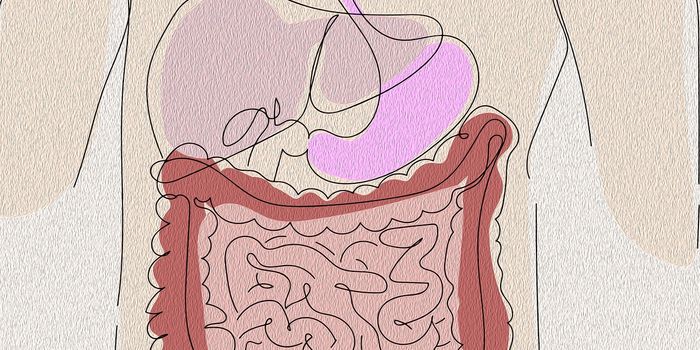Honey As An Antibacterial Against Methicillin-Resistant Staphylococcus Aureus
Honey has been used for its medicinal properties for thousands of years to treat wound infections, gastrointestinal ailments, and burns. Because of the global crisis of antibiotic resistance and waning interest of pharmaceutical companies in the development of new antibiotics, research into alternative and natural therapies has increased. Infectious diseases still account for 25-45% of deaths worldwide. The World Health Organization supports the use of plant-based products as alternative medicines; 80% of Ethiopian citizens rely on these traditional remedies as their primary source of medical care.
Researchers from Madda Walabu University in Ethiopia performed a study to determine the in vitro bacteriostatic and bactericidal effects of honey samples against isolates of methicillin-resistant Staphylococcus aureus (MRSA). The properties of honey that result in its bactericidal activity include an acidic pH between 3.2-4.5 and the enzyme, glucose oxidase, which changes glucose to the end-product, hydrogen peroxide (H2O2). There is a slow release of H2O2 resulting in a constant bactericidal effect against bacterial pathogens.
The MRSA isolates were obtained from wound cultures inoculated on blood and mannitol salt agar and identified by results of gram stain, catalase, and coagulase results. There were four types of honey collected from beekeepers in the Gamo Gofa zone, Ethiopia. Four concentrations of the honey were tested: 100%, 75%, 50%, and 25%. Methicillin-resistance of the Staph isolates was determined by resistance to oxacillin and cefoxitin through Kirby-Bauer disc diffusion testing.
Since the bactericidal activity of honey varies with the type of honey, geographical location, and flower from which the final product is derived, the results from this study are not generalizable to other studies involving honey and anti-bacterial properties. The results from this study showed that the MIC and MBC values of honey specimen #2 had both bactericidal and bacteriostatic activities against multidrug-resistant isolates of MRSA. The data support the use of honey in this region to treat wound infections caused by MRSA.








